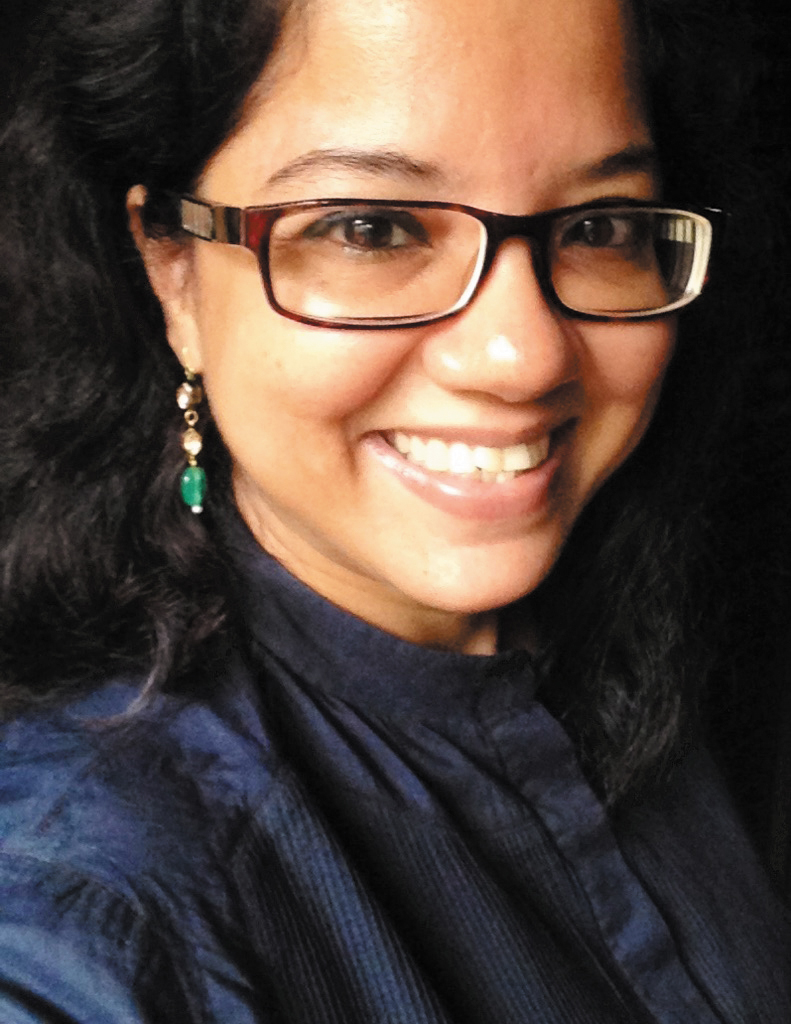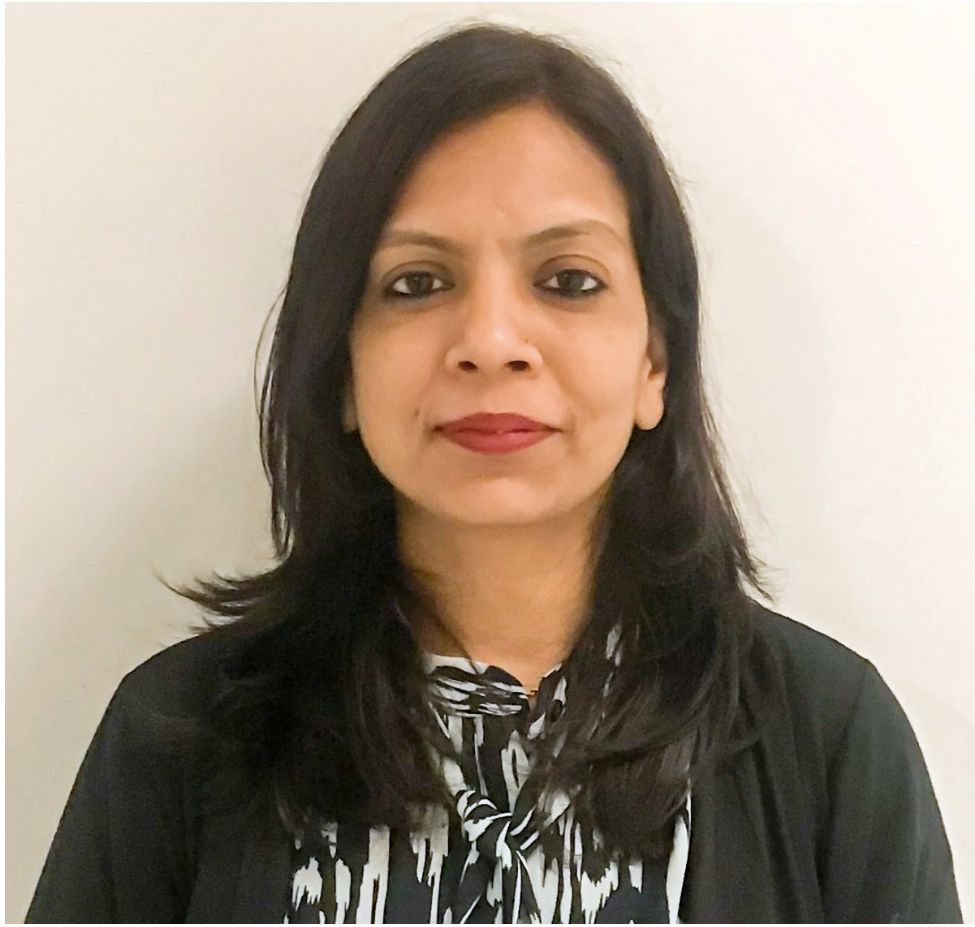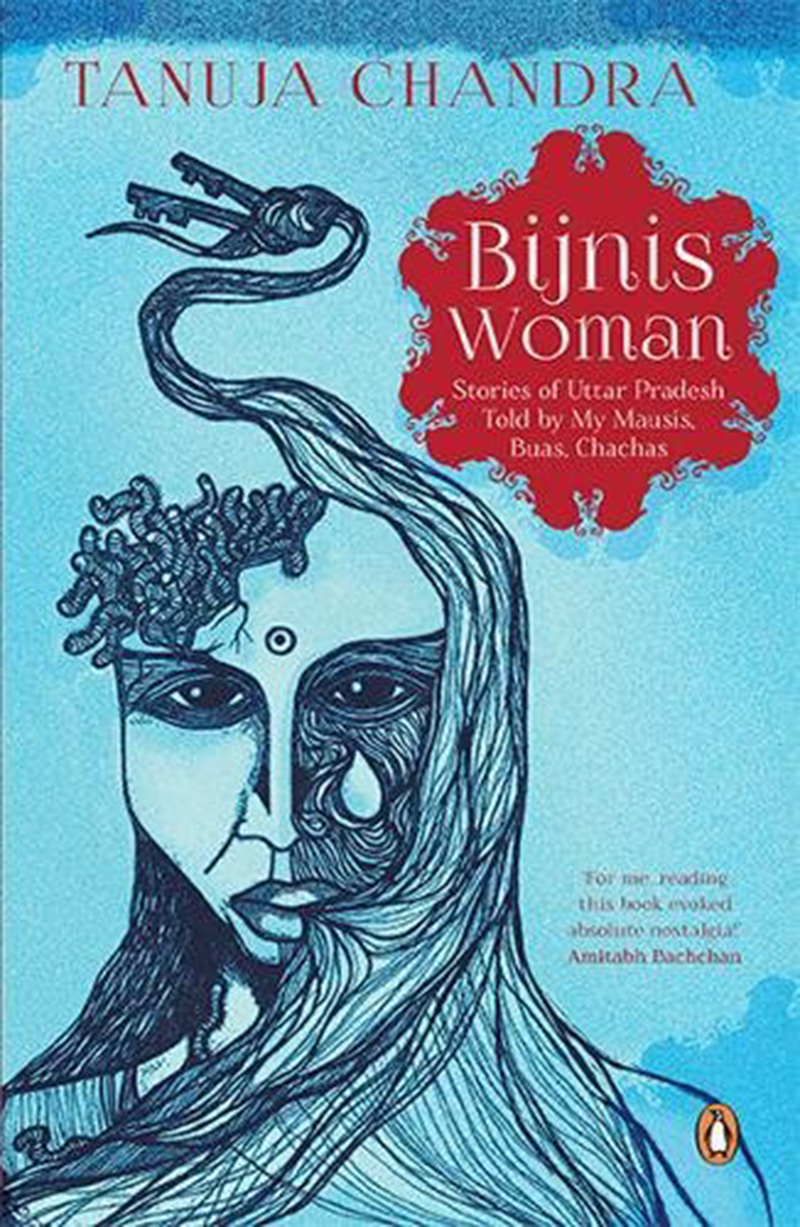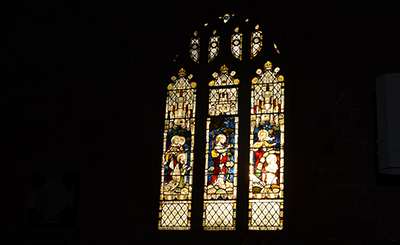
Tanuja Chandra. Photo courtesy of the filmmaker
Filmmaker and scriptwriter Tanuja Chandra co-wrote the screenplay and dialogues for Mahesh Bhatt’s Tamanna (1997) and Zakhm (1998). She also co-wrote Yash Chopra’s Dil Toh Pagal Hai (1997).
Chandra made her directorial debut with the TV series Zameen Aasmaan, starring Tanvi Azmi. In 1996, she directed another television serial, along with Shabnam Sukhdev, called Mumkin.
Chandra is known for her women-oriented films like Dushman (1998) and Sangharsh (1999). Her other films include Sur – The Melody of Life (2002), Film Star (2005), Hope and a Little Sugar (English, 2006). She also directed Zindaggi Rocks (2006), starring Sushmita Sen. She has also made a short film, Silvat. Her next film, a romantic comedy with Irrfan Khan, is all for release later this year.
It is the story of a young girl named Noor who falls for another man while waiting for her husband who works in the Middle East and has not visited her in five years. The film features Kartik Aaryan of the Pyaar Ka Punchnama fame.
Chandra’s book Bijnis Woman: Stories of Uttar Pradesh I Heard from My Parents, Mausis and Buas (Penguin Random House, 2017) brings together quirky, strange, funny and intriguing tales from small-town Uttar Pradesh that have been “passed orally from one generation to the next”. The collection bristles with wild tales from Bareilly, Lucknow, Hapur, Badaun, Sapnawat and Pilibhit — and others big and small places in Uttar Pradesh. The tales range from a lazy daughter-in-law, the court clerk who loved eating chaat, two cousins inseparable even in death to a blind teacher who fell in love with a woman with beautiful eyes. Chandra says that there is something about UP which makes people live out their lives dramatically. “I find some of the male characters unbelievably strange and some of the female one, very inspiring. I also find it so compelling that these people consistently felt strong and big emotions — whether negative or positive,” says Chandra. Excerpts from an interview:
SHIREEN QUADRI: This book will reverberate with many readers, especially those from north India. Most of us have heard of some similar tales. It’s bittersweet and nostalgic. Could you share the genesis of these
stories?
TANUJA CHANDRA: All of us enjoy nostalgic trips. For me, when I heard these stories, it was these unusual characters and their quirks, their longings, their failures that touched me. There was something heartbreaking about them and their all too human traits like anger, greed, lust, ambition, love and hate. Often I would laugh as I listened to these tales, but they also stayed in my heart. And when I revisited the stories for the book, I remembered how much I had enjoyed listening to them. I wanted very much to create a record about these characters from Uttar Pradesh, and their tales because the world pays attention only to extraordinary people, not ordinary ones. And I’m so glad I was able to do this.
SHIREEN QUADRI: Tell us something about your family members from whom you heard these stories?
TANUJA CHANDRA: My family is filled with eminent laughers! We laugh a lot and love to tell stories. My Nani was a hilarious woman who kept her daughters entertained by her qissas, and they in turn entertained me! My mother, Kamna Chandra, who is a writer of some amazing films like Prem Rog and Chandni, herself is a superior narrator of stories. She’s a rare combination of humour and intense emotions. On my father’s side there are oddball, interesting people with peculiar traits. All this makes for some great fun as well as some interesting story-writing!
SHIREEN QUADRI: Out of the 14 stories, I have found some favourites. Which of these stories are close to your heart and why?
TANUJA CHANDRA: It’s tough for me to choose favourites! Each has, like its protagonist, something that brings about a fuzzy affection in my heart, even as I giggle about the crazy events in their lives. I find some of the male characters unbelievably strange and some of the female one, very inspiring. I also find it so compelling that these people consistently felt strong and big emotions — whether negative or positive. There is something about UP which makes people live out their lives dramatically, and that’s really fascinating to behold.
SHIREEN QUADRI: The blurb mentions that the book is “a masaledaar mix of fact and fiction....” And yet all these stories seem so credible, within the realm of possibility. What dimension does fiction add to these stories?
TANUJA CHANDRA: Well, we all know that the oral tradition of storytelling allows for multiple narrators to expand facts! Now, to me, this isn’t necessarily making fiction out of non-fiction, because each narrator’s own life, their feelings, their world-view — these are as much a part of the stories as what the protagonists did. How I look at something changes the way that object appears. To my mind, the credibility you speak of comes from the depth of the narrator’s own feelings towards his subject, the truthfulness of the narrator’s own fascination and warmth. Which is why I’ve tried very hard to brush these tales with affection and empathy because that’s the truth of my feelings towards them. I have compassion towards even the most annoying and selfish of these characters, and I hope I’ve been able to bring that out.
Page
Donate Now
Comments
*Comments will be moderated












